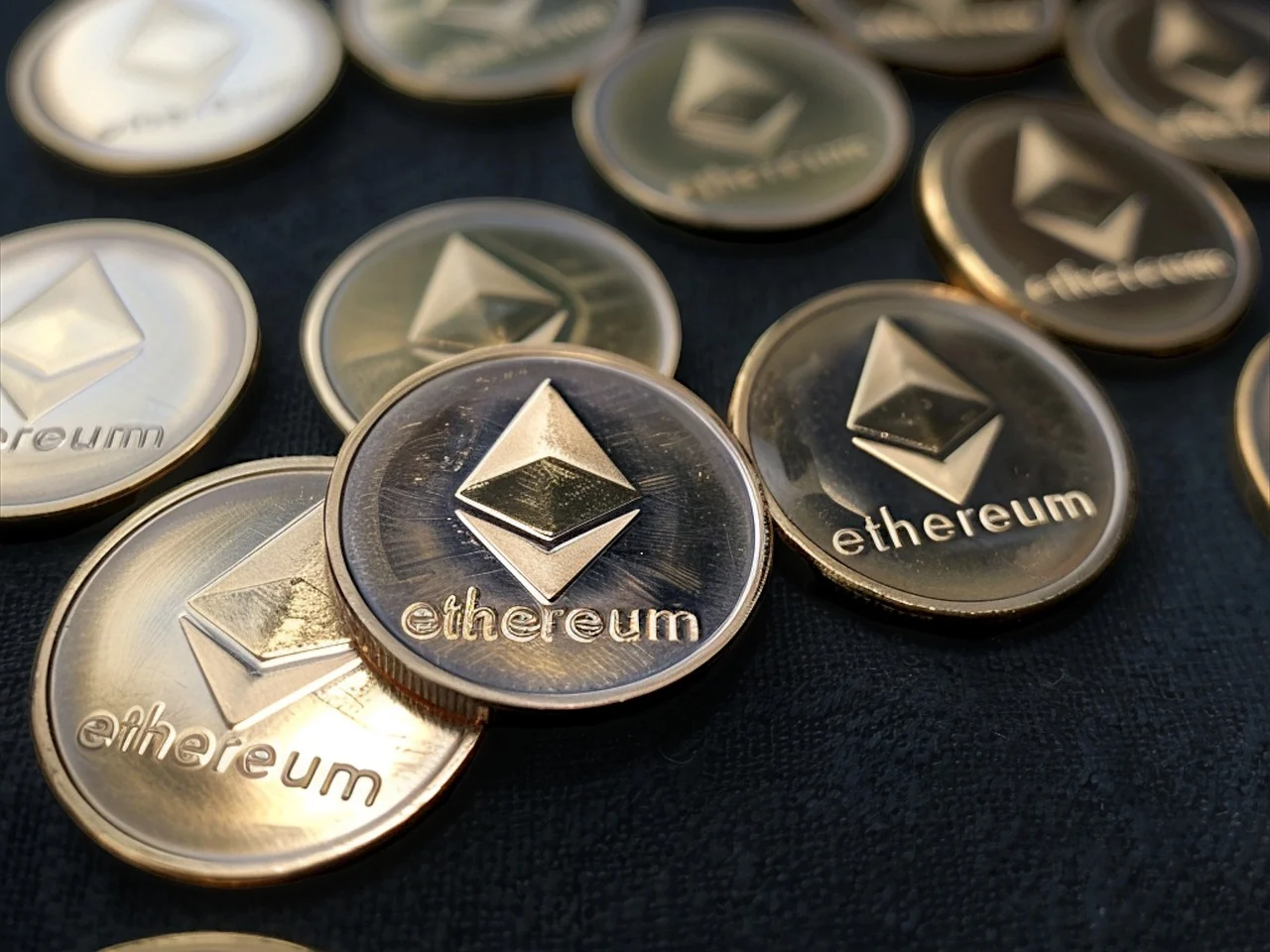Link copied
Chinese Stocks Bounce Back as Traders Bet on Fresh Stimulus.
stock :: 2025-04-09 :: source - bloomberg
By Bloomberg News
(Bloomberg) — Chinese stocks climbed for a second day, bucking a worldwide selloff, amid growing speculation that authorities will roll out stimulus to shield the economy from Donald Trump‘s tariffs.
A closely watched gauge of Chinese stocks in Hong Kong (^HSCE) ended 1.4% higher after sliding more than 4% earlier. The onshore CSI 300 (000300.SS) Index closed up 1%.
The moves came as investors shifted their attention to the likely response of Chinese authorities after US tariffs as high as 104% took effect Wednesday. China’s top leaders are planning to meet to discuss measures to boost the economy and stabilize capital markets, Reuters reported Wednesday, citing people with knowledge of the matter.
“With the tougher tariffs announced, markets are expecting more government stimulus to boost consumption,” said Kenny Ng, a strategist at China Everbright Securities International. That has encouraged investors to scoop up consumer-driven stocks during the current rally, he said.
Mainland Chinese investors bought an unprecedented HK$35.6 billion ($4.6 billion) worth of stocks in Hong Kong on Wednesday. Onshore buyers appear to be unperturbed by the escalating tariff tensions, plowing in more than HK$115 billion since April 2, when the US unveiled the sweeping tariffs.
Chinese technology companies were among the most popular stocks during the Wednesday rally. Chipmakers Semiconductor Manufacturing International Corp. (0981.HK) and Unigroup Guoxin Microelectronics Co. (002049.SZ) soared, buoyed by expectations of AI-related demand. Smartphone maker Xiaomi (1810.HK, XIACY) closed up 7.7%, its best day since August.
Duty-free store operators, which are spared from import taxes, also emerged as big winners. Shares of China Tourism Group Duty Free Corp. jumped 24% in Hong Kong trading.
The damage to Chinese companies’ earnings from US tariffs is likely to be smaller than the hit to the wider economy, according to Morgan Stanley strategists. Companies in the MSCI China index get only around 3% of their revenue from the US, they wrote in a note.
The US tariff on Chinese goods was increased after Beijing retaliated to an earlier announcement. The tit-for-tat moves has raised the specter of a prolonged period of trade tensions that could badly hurt both economies — increasing the importance of a big stimulus push.
“With this trade war, the urgency will be even stronger for them,” said Elizabeth Kwik, investment director of Asian equities at Aberdeen Investments. “It is already the direction that they were going in anyway, but it’s more like a catalyst to speed up and to take some quicker action.”
Premier Li Qiang said his country has ample policy tools to “fully offset” any negative external shocks. Beijing is considering frontloading its stimulus to counter the hit, Bloomberg News previously reported.
Chinese authorities haven’t immediately responded to the latest tariffs, a departure from previous episodes when Trump hiked duties and officials hit back within minutes.
State Funds Help
The trade war is providing a test of China’s ability to coax the stock market higher during times of turmoil. While Trump has largely shrugged off the market impact, Beijing has pulled out all the stops: easing its grip on the currency, promising loans to state funds, loosening investment rules for insurers and turning to a group of state-backed funds to buy stocks and exchange-traded funds.
Inflows into ETFs linked to the so-called national team were 87 billion yuan ($11.9 billion) on Tuesday, hitting an all-time record for the second day running. That suggests state funds stepped in en masse to prop up the market.
Chinese state media outlets struck a triumphant tone as these measures helped push markets higher on Tuesday. The China Securities Journal said authorities had developed a more optimized approach to stabilizing markets, and still had room to boost investor confidence. Shanghai Securities News talked of a new stage in the construction of China’s capital market stabilization mechanism.
With Wednesday’s advance, the HSCEI gauge has risen 3.8% over two sessions. The index tumbled almost 14% on Monday to enter a technical bear market as investors braced for the fallout from the spiraling trade conflict.
The recent swings in Chinese share prices in Hong Kong have been so extreme that the cost of hedging against further moves is now looking cheap. Implied volatility on the Hang Seng China Enterprises Index is at its lowest level since late October relative to the gauge’s realized volatility, according to data compiled by Bloomberg.
Investor sentiment remains fragile. Chinese securities brokerages have increased monitoring of their margin financing businesses in response to the volatility, according to local media.
“A lot now hinges on China’s response,” said Charu Chanana, chief investment strategist at Saxo Markets. “A strong retaliation from Chinese authorities could further hurt investor sentiment unless it comes with a massive domestic stimulus — not just policy promises.”
—With assistance from Cecile Vannucci.
Most Read from Bloomberg Businessweek
This week top market trends.
-
Taiwan will not agree to 50-50 chip production deal with US, negotiator says
2025-10-01 :: deals & business :: reuters
Recent global market news
-
Netflix stock rises after earnings, outlook top Wall Street forecasts
2025-04-18 :: :: yahoo finance -

The Federal Reserve May Do the Unthinkable, and It Could Drag the Stock Market Down in 2025
2025-01-08 :: :: motley fool




